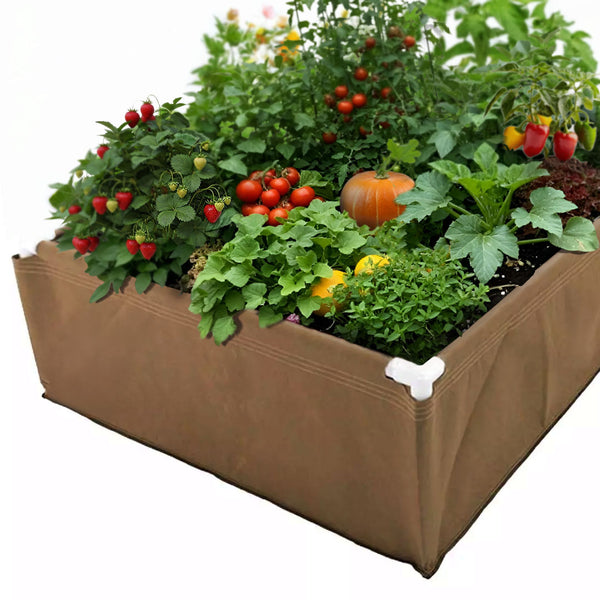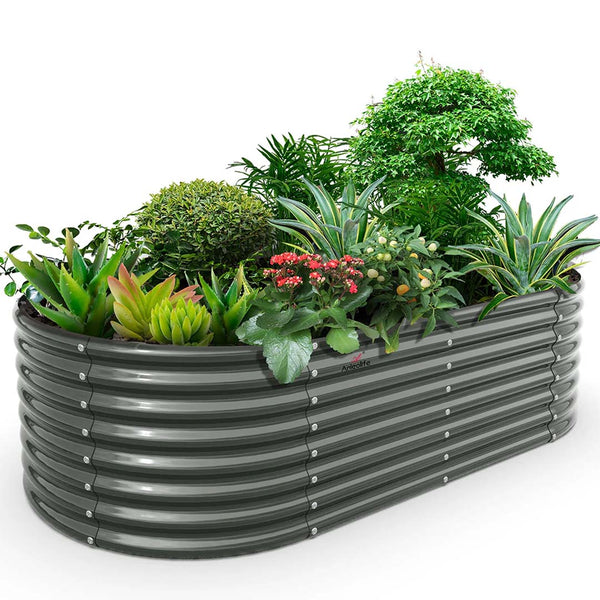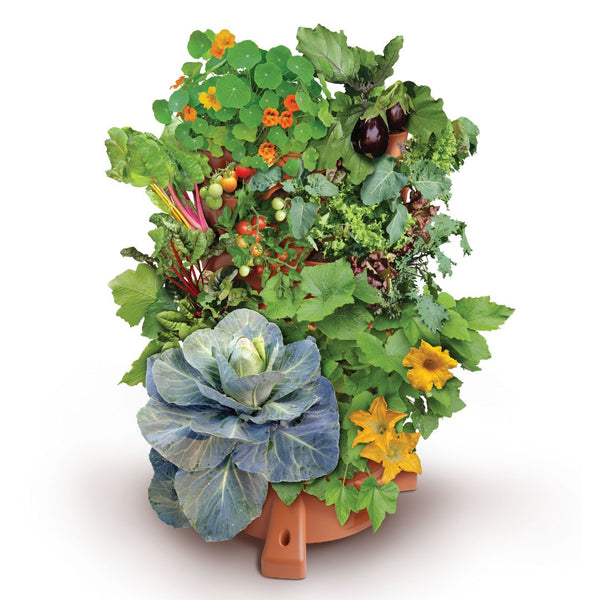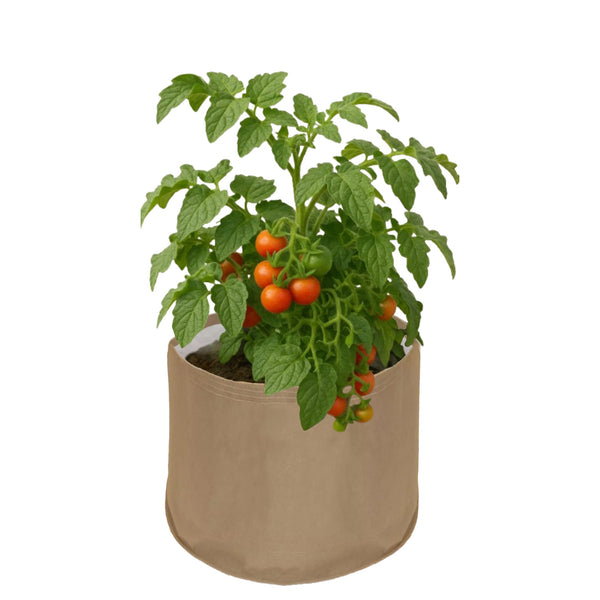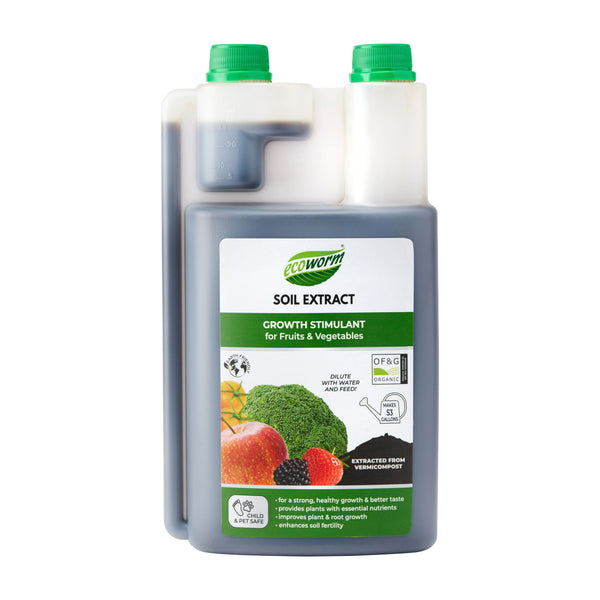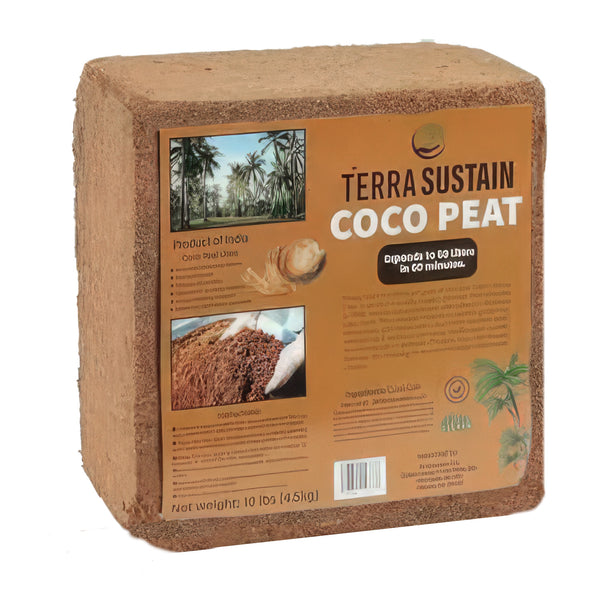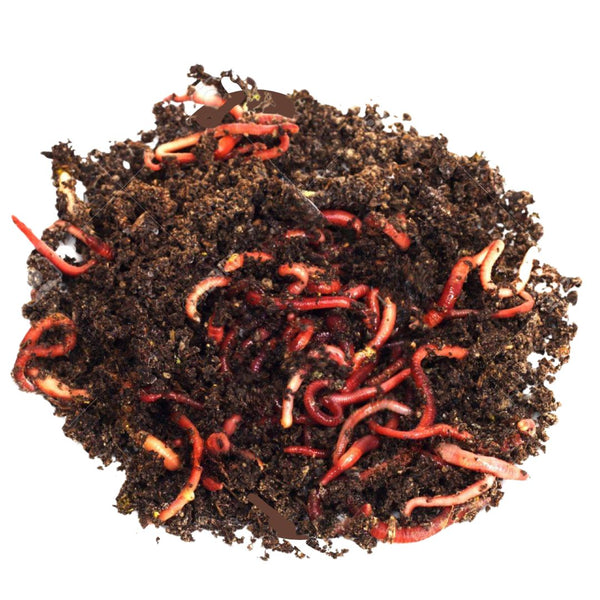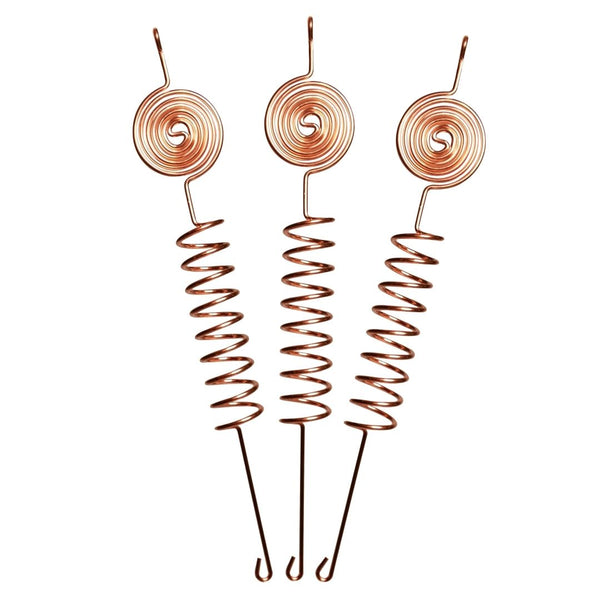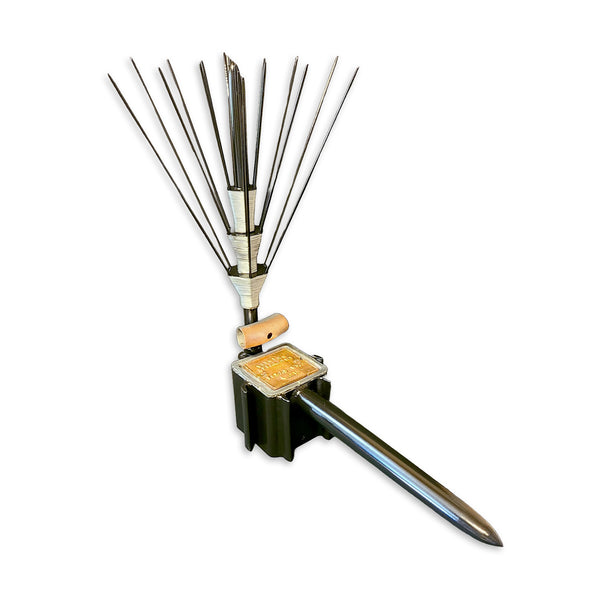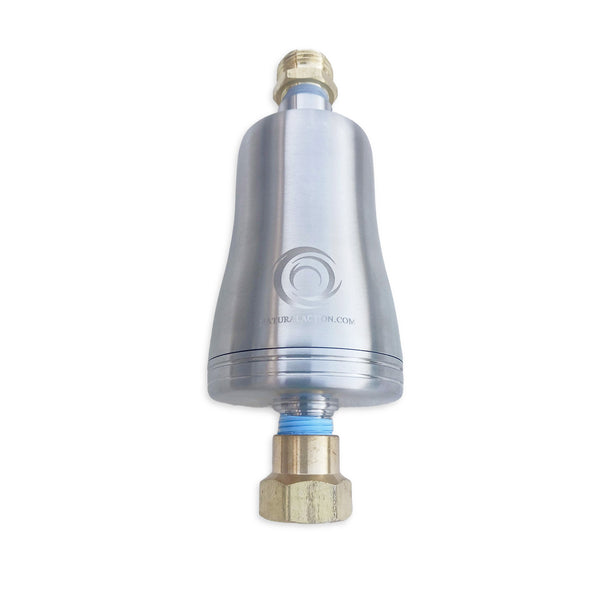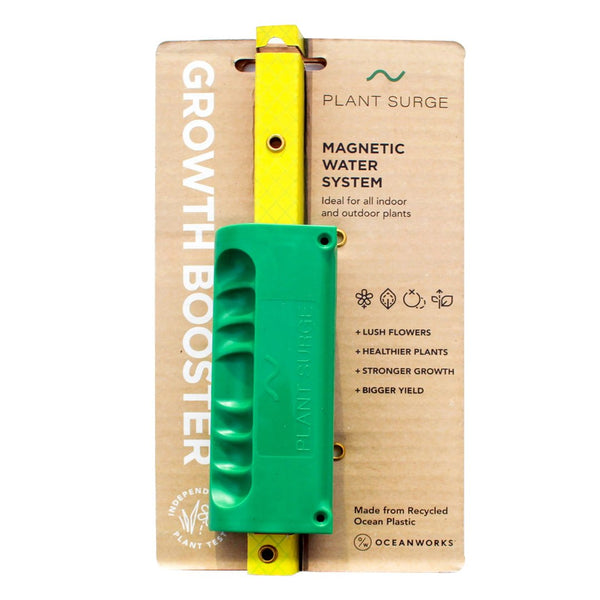The Garden Gold Mine: Why Rice And Husk Combination Is Making Commercial Fertilizers Obsolete

Understanding Rice Husks
Let's chat about rice husks—a little-known hero for both gardens and Mother Earth. We'll dig into what rice husks are all about and why they're a win-win for the environment.
Introduction to Rice Byproduct
Rice husks, or what some people call rice hulls, are like the armor surrounding each rice grain. When rice gets milled to become the yummy grains we eat, these husks are often left behind. Imagine this: in bustling places like India, a whopping 132 million tons of these husks sprouted up in 2008 alone. They make up about 20% of the total rice output and have morphed from pesky leftovers into something pretty useful.
Environmental Benefits
Rice husks pack a punch when it comes to helping the environment:
Fuel on Fleek: Because there’s so much of it, rice husks make a neat fuel source for biomass power. In places like Asia, Japan, and Central America, these humble husks power communities in a cleaner, greener way (LinkedIn).
Breath of Fresh Air: Turning rice husks into energy cuts down greenhouse gases like nobody’s business. It’s an eco-upgrade from just burning them in a pile or burying them deep (LinkedIn). Every Megawatt churned from husk power saves about 5,800 tons of CO2 a year.
Jobs ‘n’ More: Powering up with rice husks doesn't just light up homes—it sparks job creation in farm towns. It's a boost for local economies, plowing funds into schools, roads, and clinics.
Dirt Aid: Toss some rice husks into your soil and watch the magic. They pump up microbial activity, let water flow better, and keep the dirt from turning into a brick. Your plants will thank you with a bountiful harvest.
| What They Do | How It Helps |
|---|---|
| Fuel on Fleek | Cuts down on fossil fuels, giving us a cleaner energy alternative. |
| Breath of Fresh Air | Slashes carbon emissions, improving air quality and kicking climate change to the curb. |
| Jobs 'n' More | Fuels rural job growth and bankrolls community improvements. |
| Dirt Aid | Boosts soil quality, giving plants a better home and your garden a thriving future. |
Getting cozy with rice husks isn’t just about clearing waste—it’s about stepping into a cleaner, brighter tomorrow. Dive into more cool ways rice husks are changing the game by checking out our articles on rice hull mulch and compost rice hull.
Applications of Rice Husks
Rice husks, the often overlooked leftovers from rice production, have hidden talents beyond just being tossed aside. We're here to chat about how rice husks are stepping up in energy and power generation, showing the way to a cleaner, greener tomorrow.
Rice Husks in Power Generation
You might be surprised to know that rice husks are getting quite the spotlight as a nifty fuel option. Overflowing in places like Asia, Japan, and Central America, these husks are bringing some serious eco-friendly vibes to the party, especially in biomass power plants.
When you burn rice husks in these specialized power plants, they give off just a smidge of greenhouse gas emissions. This little trick not only shrinks the carbon footprint but also clears the air by sidestepping the old-school methods of burning them in the open or dumping them in landfills. Japan, leading the charge, is mixing things up with rice husks to power their energy needs, thanks to some serious tech muscle from companies like INNERGY.

Central America's rice-rich lands are also in the game, seeing rice husks as a golden ticket to sustainable energy. With innovation frontrunners like INNERGY, these places are catching on to the power of rice husks.
| Region | Key Country | Adoption Level |
|---|---|---|
| Asia | Philippines | High |
| Japan | Japan | High |
| Central America | Costa Rica, Honduras, Nicaragua | Moderate |
Rice Husk Utilization for Energy
The wizardry doesn't stop there. Rice husk gasification or combustion is where the real magic happens—turning this waste into electricity to keep the lights on.
Here's how it works: rice husk gasification creates producer gas, a fancy term for a mix of gases, which you then feed into a gas engine for electricity (Development Alternatives). It's like turning your trash into treasure.
This approach is especially handy where rice mills are a dime a dozen. Instead of leaning on diesel, these systems use rice husks to provide power, making a serious dent in fossil fuel dependency.
| Process | Output | Environmental Benefit |
|---|---|---|
| Gasification | Producer Gas | Cuts down diesel use |
| Combustion | Electricity | Lowers greenhouse gas emissions |
Rice husks aren't just about taming energy beasts—they’re also champions of Mother Earth. Making the most out of rice husks isn’t just smart—it's the way forward. If you’re curious about how rice husks can boost agriculture or their wide-ranging wonders, swing by our section on rice husk utilization. We promise it's not wasted time!
Rice Husk Biochar
Rice husk biochar is a soil superhero that powers up your garden like never before. By transforming rice husks into biochar, we tap into a natural way to boost soil health, supercharge plant growth, and keep gardening green and clean.
How It's Made and Why It's Awesome
Making rice husk biochar isn't magic, but it's close. We cook rice husks on low heat with barely any oxygen, a process called pyrolysis. The end product is biochar, packed with carbon and full of tiny holes, bringing a whole host of benefits for your soil and plants.
Why You'll Love It:
- Water Wizardry: Those tiny holes in biochar trap moisture, meaning less watering and happier plants.
- Nutrient Saver: Biochar holds onto key nutrients so plants can snack on them longer.
- Breath of Fresh Air for Soil: It fluffs up the soil, letting roots breathe easy.
- Dirt Detox: It can suck up and lock away soil baddies.
- Keeps The Smell Away: Helps manage moisture and zaps stinky odors.
- Locks Carbon In: Helps trap carbon in the ground, fighting climate change.
Making Gardens Grow Bigger and Better
Rice husk biochar is a secret weapon for getting the most out of your garden. Its soil-boosting powers mean healthier plants and bumper crops.
Good Vibes for Soil: It's got stuff like silicon and manganese, giving soil a health kick. Research even says biochar fuels friendly soil microbes like Bacillus, helping them grow, thrive, and kick out plant-fungal foes (Research Outreach).
| Benefits of Rice Husk Biochar | What's in it for Your Garden |
|---|---|
| Water Retention | Cuts down on water needs |
| Nutrient Packing | Keeps nutrients in reach of plants |
| Aerates Soil | Gives roots room to stretch |
| Toxin Trap | Cleanses soil of nasties |
| Captures Carbon | Keeps greenhouse gases low |
Using rice husk biochar sprinkles a bit of magic into growing beds. This eco-friendly boost is awesome for those who want to ditch chemical fertilizers and invest in lasting soil happiness.
Curious to know more about using rice hulls and husks in gardening? Dive into our articles on rice husks, organic rice husk, and rice hulls for gardening.








